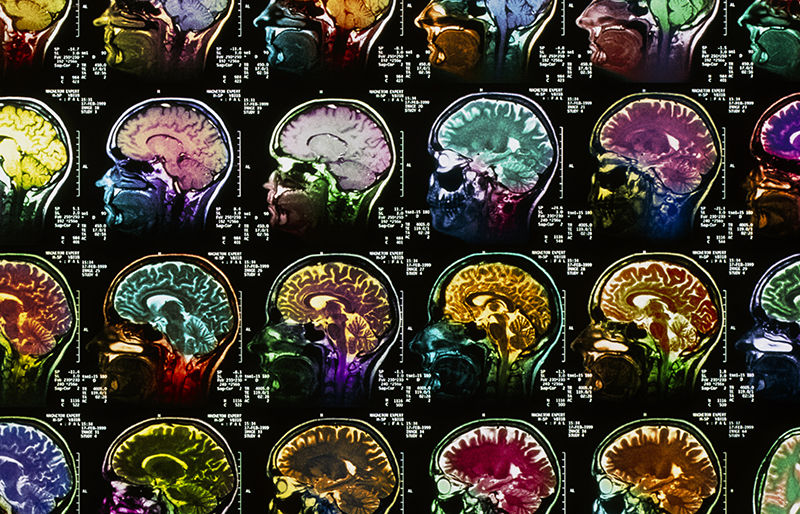In this Nature piece, Alison Abbot discusses Psychiatrist Edward Bullmore’s book, The Inflamed Mind: A Radical New Approach to Depression (2018).
“Depression affects one in four people at some time in their lives. It is often difficult to treat, in part because its causes are still debated. Psychiatrist Edward Bullmore is an ardent proponent of a radical theory now gaining traction: that inflammation in the brain may underlie some instances. His succinct, broad-brush study, The Inflamed Mind, looks at the mounting evidence.
The book outlines a persuasive case for the link between brain inflammation and depression. Bullmore pleads with the medical profession to open its collective mind, and the pharmaceutical industry to open its research budget, to the idea. He provides a current perspective on how the science of psychiatry is slowly emerging from a decades-long torpor. He sees the start of a shift in the Cartesian view that disorders of the body ‘belong’ to physicians, whereas those of the more ‘immaterial’ mind ‘belong’ to psychiatrists. Accepting that some cases of depression result from infections and other inflammation-causing disorders of the body could lead to much-needed new treatments, he argues.”
In the UK there has been critical coverage of the book including this review by Psychiatrist Dr Neil MacFarlane who notes that “the key flaw of this book is the near-absences of the placebo effect in the treatment of mild and moderate depression, whether ‘inflamed’ or not, and the tendency for most episodes to get better anyway, with adequate support.”















